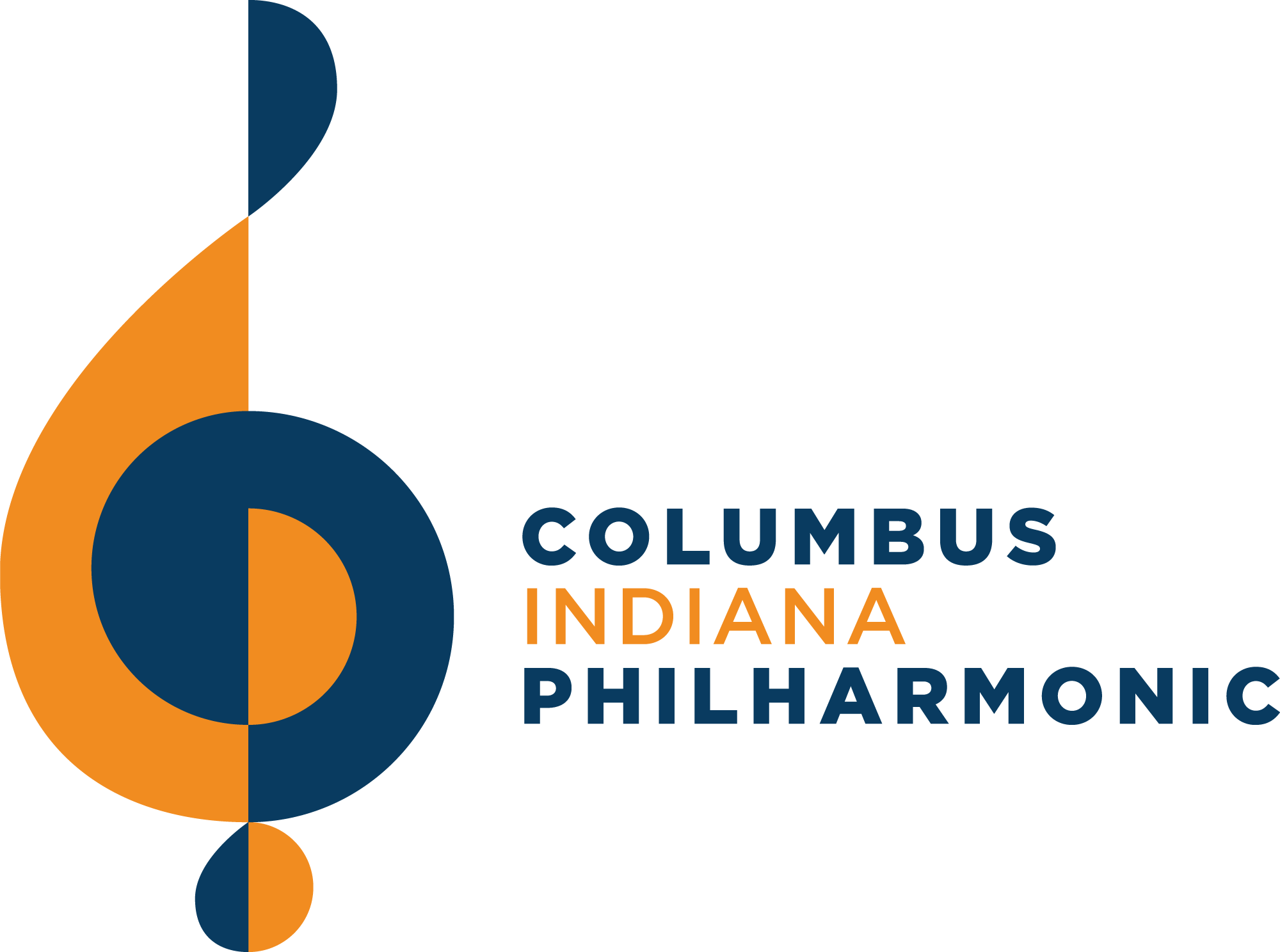BY CHARLES WEBB
For The Republic
Every seat of Columbus North High School should have been filled for the excellent concert of the Columbus Indiana Philharmonic Orchestra and Chorus, the Columbus Indiana Children’s Choir and the Indianapolis Children’s Choir: Cantantes Angeli. The concert, “Music for Royalty,” featured some of the most stirring music written in the past 300 years.
The opening piece by 20th-century English composer William Walton highlighted the superior brass section and demonstrated at the outset the superb preparation by Conductor David Bowden. The next selection proved that a chamber orchestra can also celebrate a royal occasion. We were treated to “Arrival of the Queen of Sheba” from George Frideric Handel’s opera, “Solomon.” Featuring shimmering strings and outstanding oboe soloists Annie Corrigan and Jennifer Kirby playing in parallel thirds, the piece weaves a magical spell with deft use of the woodwind section.
Next came “Music for the Royal Fireworks,” a better-known suite of Handel’s consisting of five movements. Several of these demonstrated the lush, resonant sound of the string sections. Many dotted rhythms characterize this music, and they were executed with precision by all sections of the orchestra. Piccolo player Jessica Harris, operating in the stratosphere, never missed a lick of her virtuostic part.

Music Director David Bowden, left, embraces Ruth Dwyer, CICC Artistic Director, after presenting this year’s Gold Baton Award!
Royal music continued with Johann Strauss’s “Emperor Waltz.” One of the best known of the Waltz King’s compositions, it actually begins in duple meter before bursting into the familiar waltz theme. It was a treat to hear the entire waltz played with a full, resonant sound, and not just the most familiar sections. Liz Seungah Hong, principal cellist, added her sumptuous, golden tone to beautiful cello solos and played the continuo cello part in the Baroque pieces with intelligence and strong underpinning. Maestro Bowden varied the tempos, caressing each phrase tenderly, so that the melodic lines became even more vivid.
The first half concluded with the energetic opening of one of the five Edward Elgar “Pomp and Circumstance” marches, this being the most popular graduation march played in high schools and colleges throughout the United States. As a surprise ending, the audience was treated to 250 singers entering from the back of the hall and, surrounding the entire auditorium, singing the familiar words, “Land of Hope and Glory.” It was a thrilling and brilliant end to the first half of the concert.
After intermission, the orchestra played the well-known “Prince of Denmark March” by Jeremiah Clarke. Featuring the brilliant first trumpeter Eddie Ludema, the vivid rendition of this march surely brought nostalgic thoughts to brides and grooms in the audience as many relived their own wedding march.
Henry Purcell’s “Come Ye Sons of Art” brought the voices of the combined childrens’ choirs, later joined by the adult singers. Excellent diction and precise rhythms were evident from the beginning notes, and Conductor Ruth Dwyer demonstrated why she has an international reputation as an outstanding treble voice and children’s choir specialist.
Henry Leck, the superb conductor of the Indianapolis Children’s Choir, took the podium next to lead the touching Hawaiian song, “Aloha ‘Oe.” The clear, angelic voices were expertly balanced and blended and showed why they have achieved such an extraordinary reputation under Leck’s leadership. Caleb Lewis was the soloist in the Elton John hit, “Can you Feel the Love Tonight?” singing with excellent projection and a strong baritone voice. “Think on Me,” by Indianapolis composer James Mulholland, is a beautiful melody and was sung with a warm, lush sound by the entire children’s choirs.
This truly royal concert came to a resounding conclusion with two magnificent anthems by British composer Hubert Parry. “I Was Glad,” one of the most stirring melodies of the twentieth century, featured the Philharmonic Chorus. But because the adult group had to be split into two sections on either side of the large stage, some of the majesty, projection and immediacy were lost. However, “Parry’s Jerusalem,” best known as the musical background for the film “Chariots of Fire,” brought the audience to its feet for a prolonged and well-deserved standing ovation.
A final surprise took place at the end of the evening when Peter King, president of the orchestra’s board of directors, gave the organization’s annual Gold Baton Award to Dwyer. Presented each season to an individual, family or business for exemplary commitment to the musical arts of the Columbus area, the award recognized the profound influence Dwyer has had on thousands of children throughout her long and illustrious career.
Charles Webb is dean emeritus of the Jacobs School of Music at Indiana University in Bloomington.


